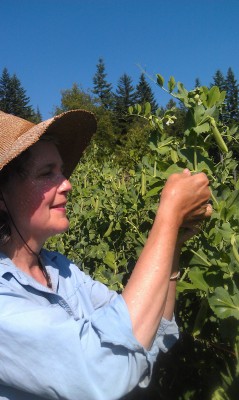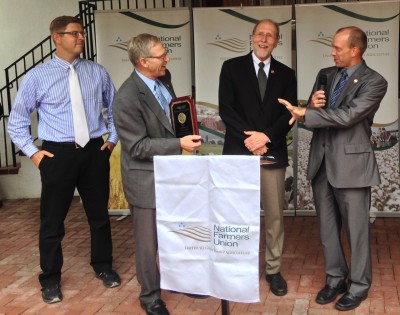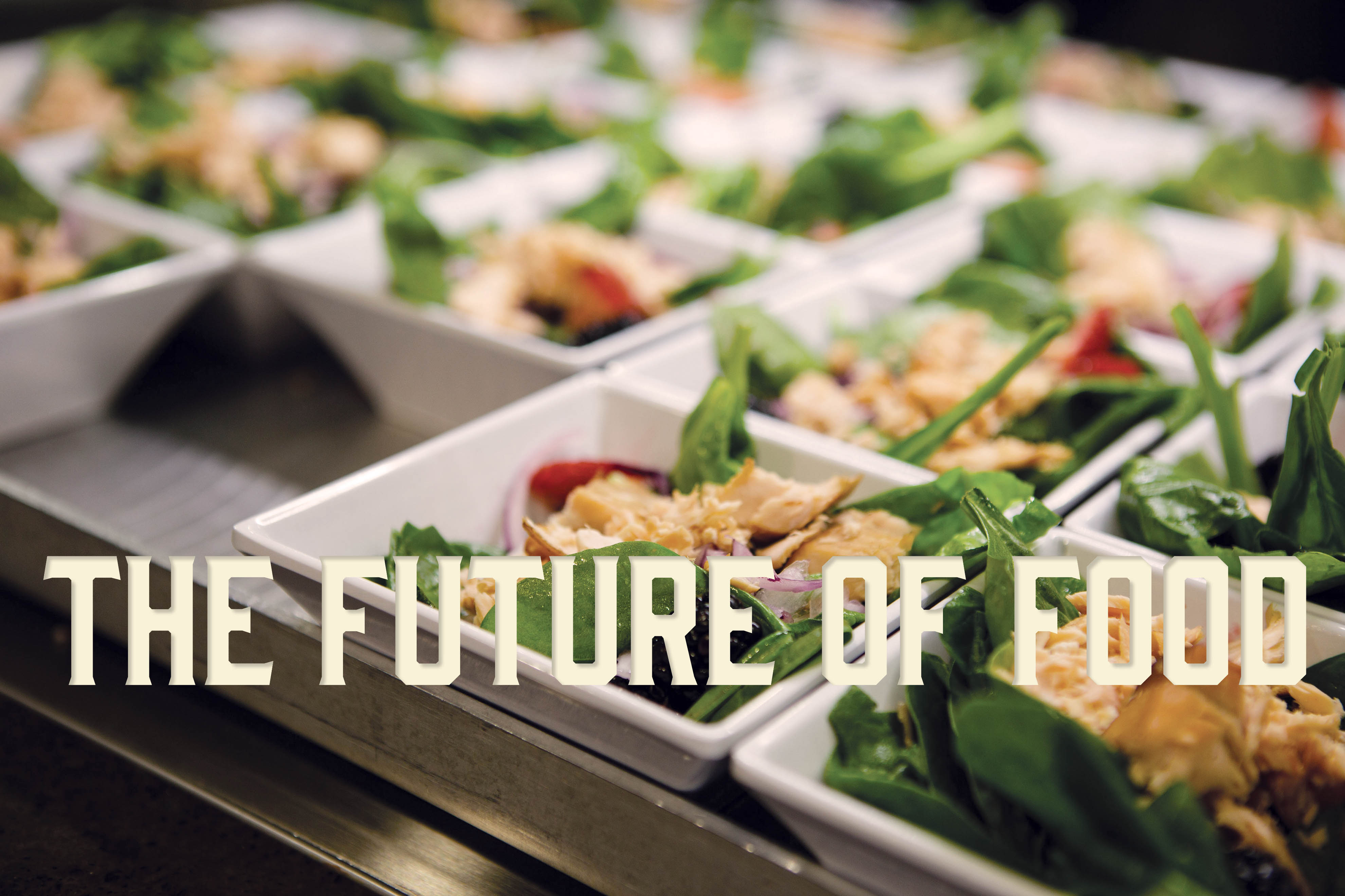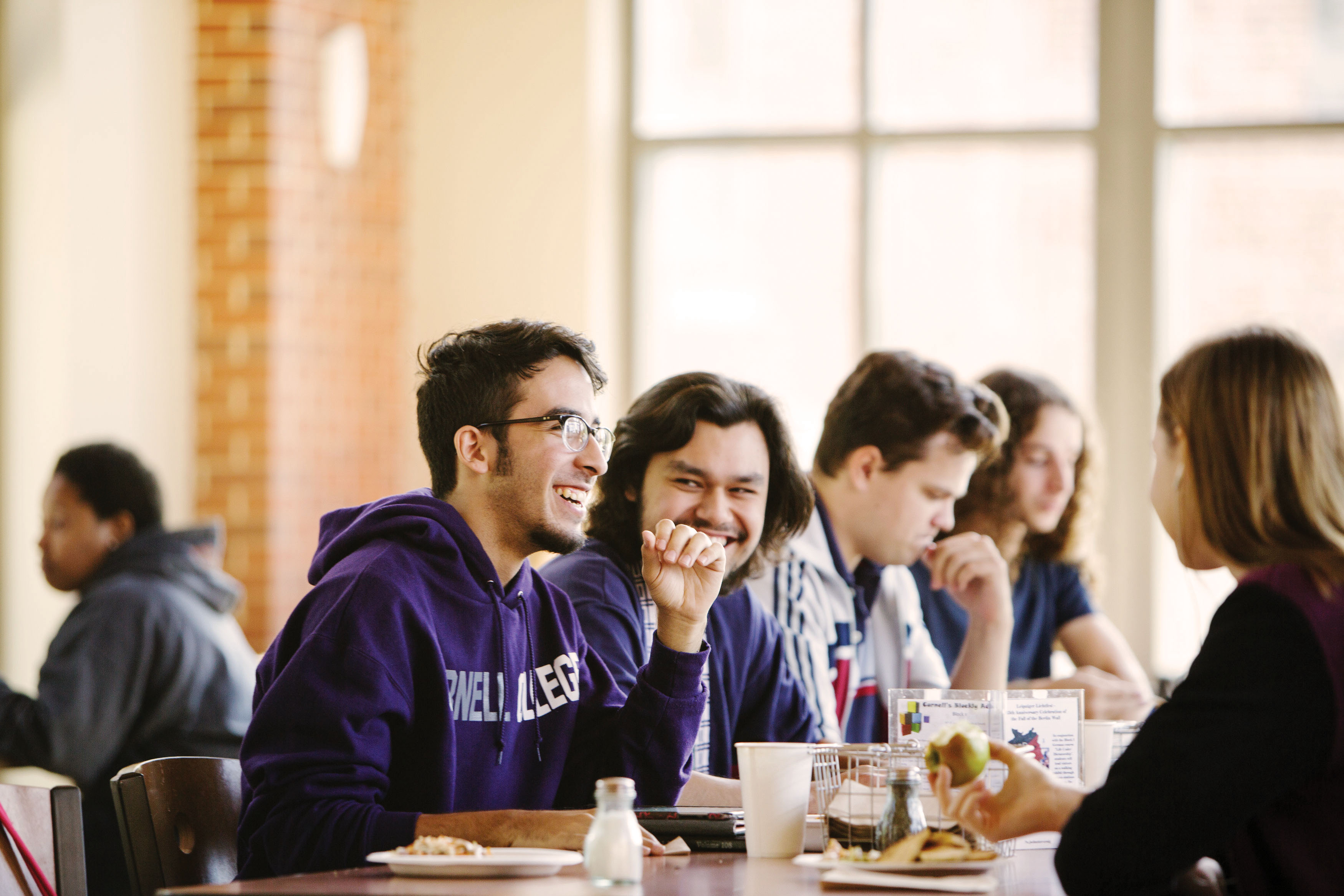The farmers
Lake Cavanaugh Farm sits in the foothills of the Cascade Mountains, just one hour from Seattle and five miles from a recreational lake community of 400 homes. The majority of our business is based on a Community Supported Agriculture (CSA) model, where customers in Seattle subscribe to weekly deliveries of naturally grown seasonal produce, eggs, and flower bouquets. We also operate a weekend farm stand, serving the Lake Cavanaugh community.

Marketing the farm is easier now than when we began 14 years ago. The public seems to be more educated about CSAs and more enthusiastic about vegetables and healthy eating. Even “long-time resisters” among our friends have joined the bandwagon. Each summer we see more new customers from Lake Cavanaugh shopping at the farm stand, and our farm is now considered by many to be an integral part of the Lake Cavanaugh community.
With every growing season, we work to improve our land, farm infrastructure, growing practices, and marketing to maximize yields and selling opportunities. We have several new hoop houses, which have allowed us to grow selected produce under cover and thereby expand from one to three seasons of CSA subscriptions (summer, fall, and spring), and we have expanded our fruit crops (raspberries, blueberries, and strawberries) as “value-added” items for our CSA and as a draw for our farm stand.
We now offer lower carbohydrate fingerling potatoes and have a goal to introduce other potato varieties that have a lower glycemic index. Nutrient-rich, colorful, heirloom vegetable varieties are now quite popular, and we are continuing to experiment and select new varieties. Purple cauliflower, for example, has been a recent hit.
We always have to work to expand our market, and we see local businesses as a potential market for our produce and flowers. We are now filling special orders weekly for our local veterinary clinic employees.
We’ve hosted “day at the farm” events during the past few summers for our CSA customers, and it’s a particularly enriching experience for children. Chickens and ducks have been a popular addition to the farm life. And eggs are in high demand!
Finally, the trend in “do it yourself” weddings has created greater demand for special event bulk flower orders.
Becky Brown ’75 is the co-owner of Lake Cavanaugh Farm, a CSA near Seattle.
My family’s farm, situated between Des Moines and Ames, was purchased by my great-grandfather (my mother’s father’s father) around 1910. My grandfather, born in 1914, lived on the farm his entire life except for some time around World War II and the 25 winters he spent driving his AirStream trailer through the South. He married my grandmother in 1950, and they lived together until they both passed in 2010. They farmed until the mid-1970s, when they retired. For a few years during the 1970s, the land was rented out. My parents moved to the farm in 1980, and farmed until 1985. Since 1986 the land has been crop-shared with a farmer living a mile down the road.
After getting my Ph.D. in Sweden in the area of mechanical engineering, with an emphasis on bridging product development and strategic sustainable development and addressing global socio-

ecological sustainability, I decided that I wanted to return home. I wanted to earn my living farming, utilizing the land that has been in my family for a century while helping to connect people with broader social and ecological challenges through food.
One of the things I’ve done is to start a Community Supported Agriculture operation—a CSA—in addition to the farm. In my experience, it’s been less about transitioning from one thing to another, and more about creating something entirely new. While I utilize some of the buildings that were built for the traditional farm, nearly everything I do with the CSA is separate from the rest of the farm operation.
Growing vegetables without synthetic chemicals or fertilizers is one big learning curve. Another is market development— whereas traditional farms raise commodity crops that can be taken to market and sold at going prices, the CSA requires me to develop relationships directly with people who actually eat what I grow.
The consolidation of power and wealth that has been occurring in U.S. agriculture is frankly quite frightening on many levels, not least because it creates a very significant barrier to entry for new farmers. The CSA model allows me the potential to have a high enough gross revenue per acre to make a business work on the same number (or fewer) acres than my grandparents needed to earn a living. It’s also much more labor intensive—meaning if I can find good workers, I can create jobs and make significant positive contributions to the local economy.
Overall, the focus of the farm now—in addition to providing an income—is connecting people with food. We are working hard to help people learn about where their food comes from and the ways food is produced.
Tony Thompson ’00 runs New Family Farm and a CSA on his family’s century farm in Elkhart, Iowa.


